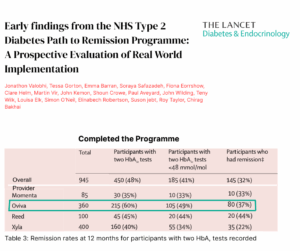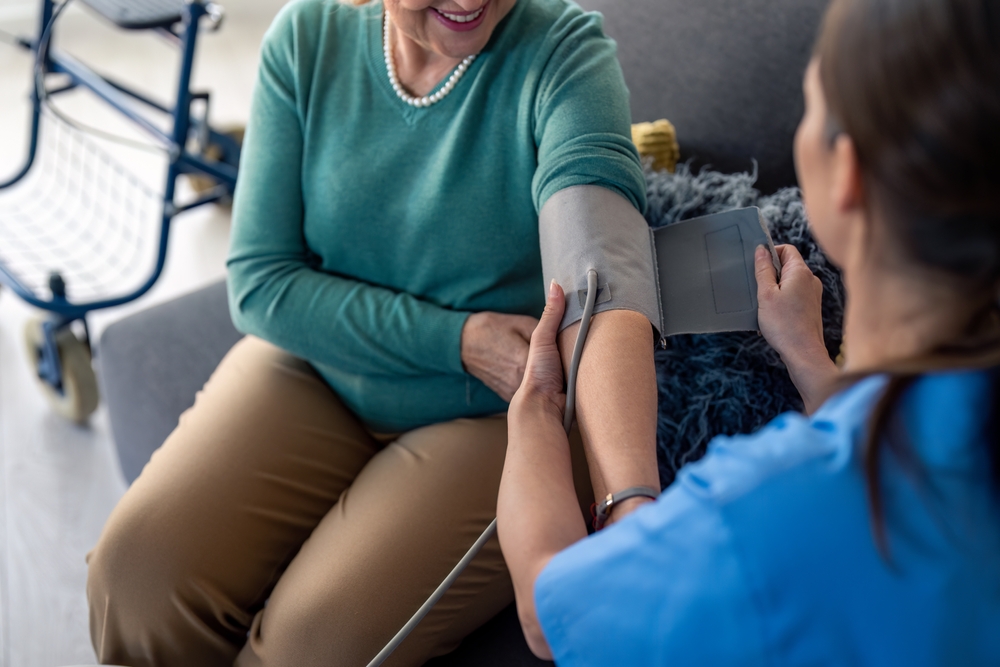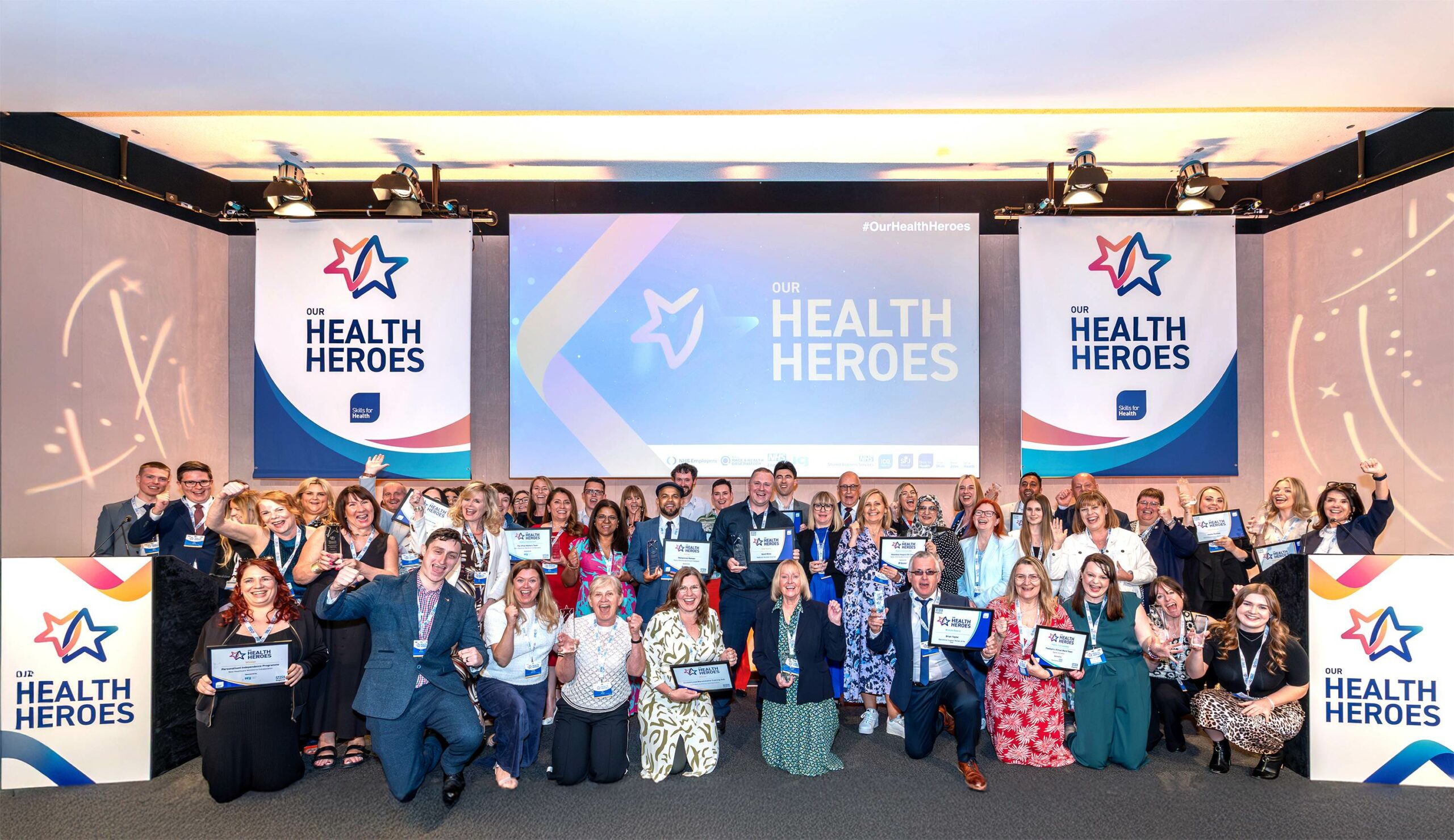Government reveals clinical trials boost with 10-Year Plan announcement

The government is pledging to increase access to clinical trials for millions under its Plan for Change, which will eventually see the NHS App notify users of clinical trials based on their health data and interests.
The government has pledged to increase access to clinical trials for millions as part of its drive to modernise patient care in the NHS and drive economic growth. The Plan for Change, released as part of the upcoming 10-Year Health Plan, will enable NHS App users to browse and find trials suited their needs and interests, via the NIHR Be Part of Research service on the App.
The plan also aims to increase access to new treatments by accelerating trial set-up times and turning the UK into a ‘hotbed of innovation’. Through the App, public reporting will show which NHS trusts are delivering on trials and which area falling behind, with future funding set to be prioritised for the best performing trusts.
Eventually the plan will see the NHS App automatically match patients with studies based on their own health data and interests, sending push notifications to users’ phone about relevant new trials to sign up to.
It comes as the National Institute for Health and Care Research (NIHR) launches a UK-wide recruitment drive for clinical trials – the biggest ever health research campaign – to get as many people involved in research as possible. Adults across the UK are being urged to register, with underrepresented groups including young people, Black people and people of South Asian heritage particularly encouraged to sign up, at bepartofresearch.uk.
The 10-Year Health Plan will aim to bring transparency over which NHS trusts are performing well in clinical trials, and which are not. All NHS trusts and organisations will need to submit data on the number of trials being conducted and the amount of progress being made.
Public reporting will show the number of trials sponsored by both commercial and non-commercial sponsors at specific trusts and other organisations, including universities or primary care sites. It will reveal to the government, patients, investors, and Trust boards which NHS organisations are performing well and which are falling behind. Government investment will only be prioritised for the Trusts that can prove they can support the NHS to deliver the treatments of tomorrow.
Health and Social Care Secretary, Wes Streeting, said: “The UK has been at the forefront of scientific and medical discovery throughout our history. Some country will lead the charge in the emerging revolution in life sciences, and why shouldn’t it be Britain?
“The 10-Year plan for health will marry the genius of our country’s leading scientific minds, with the care and compassion of our health service, to put NHS patients at the front of the queue for new cutting-edge treatments.”
In recent years, the UK has fallen behind as a global destination for these trials, with patients and the wider economy missing out. It takes around 100 days to set up a trial in Spain, but around 250 days in the NHS. The plan will see commercial clinical trial set-up times fall to 150 days or less by March 2026 – this will be the most ambitious reduction in trial set-up times in British history.
The government is now pledging to cut set up times for clinical trials. Currently, trials have to agree separate contracts with each part of the NHS they want to be involved. The plan will introduce a national standardised contract which can save months of wasted time, as well as simplifying paperwork to remove duplication on technical assurances.
This means if any authority asks for evidence from a study, they can provide it once without having to spend time reframing that evidence differently to meet a separate criteria for another authority.
In the coming weeks, the government will publish its 10-Year Health Plan. The plan aims to restore the UK’s position as a world leader in clinical trials, enabling it to attract global talent and drive investment into the UK. The government hopes that this will spur economic growth, improve the standard of care to support a healthier population, and make the NHS more financially sustainable.
Professor Lucy Chappell, Chief Scientific Adviser at the Department of Health and Social Care (DHSC) and Chief Executive Officer of the NIHR said: “We know the benefits of embedding clinical research across the NHS and beyond. It leads to better care for patients, more opportunities for our workforce and provides a huge economic benefit for our health and care system. Integrated into the NHS App, the NIHR Be Part of Research service enables members of the public to be matched to vital trials, ensuring the best and latest treatments and care get to the NHS quicker.
“Ensuring all sites are consistently meeting the 150-day or less set-up time will bring us to the starting line, but together we aim to go further, faster to ensure the UK is a global destination for clinical research to improve the health and wealth of the nation.”
Dr Vin Diwakar, Clinical Transformation Director at NHS England, said: “The NHS App is transforming how people manage their healthcare, with new features letting them see their test results or check when prescriptions are ready to collect – all at the tap of a screen.
“We’re making it easier to sign up for clinical trials through the NHS App so patients can access new treatments and technologies earlier, improving their quality of care.
“The Medicines and Healthcare products Regulatory Agency (MHRA) – which makes sure that medicines and healthcare products available in the UK are safe and effective – has already improved its performance.”
Nicola Perrin, Chief Executive of the Association of Medical Research Charities, commented: “Clinical trials are good for patients, the NHS and the economy. But both commercial and non-commercial trials in the UK have closed because of failures to recruit.
“It’s encouraging to see the government recognise that boosting access to clinical trials must be a key part of the 10 Year Health Plan. Transforming clinical trials is an important step in truly embedding research in the NHS, securing the UK’s position as a leader in life sciences and offering a lifeline to patients.”












